Court Upholds Gun Bans in ‘Sensitive Places’ in Major Hawaii and California Ruling
On September 6, 2024, the U.S. Ninth Circuit Court of Appeals made waves with its ruling on firearm restrictions in Hawaii and California.
The decision both upheld and blocked different parts of new gun laws in both states. These laws aimed to restrict firearms in “sensitive places,” sparking debates about the balance between public safety and Second Amendment rights.
What’s a “Sensitive Place”?
The term “sensitive place” refers to locations where states can restrict the carrying of firearms without violating constitutional rights.

Source: Andrea Piacquadio/Pexels
Both Hawaii and California defined several places where guns should be banned, such as parks, bars, restaurants that serve alcohol, and private property open to the public. But the court’s decision wasn’t all one-sided, and some bans were blocked.
Gun Bans Upheld in Parks and Bars
One of the key takeaways from the Ninth Circuit’s ruling was that bans on carrying firearms in parks and bars will go into effect in both states. The court ruled that there is historical precedent for banning firearms in these locations, dating back to the 19th century.
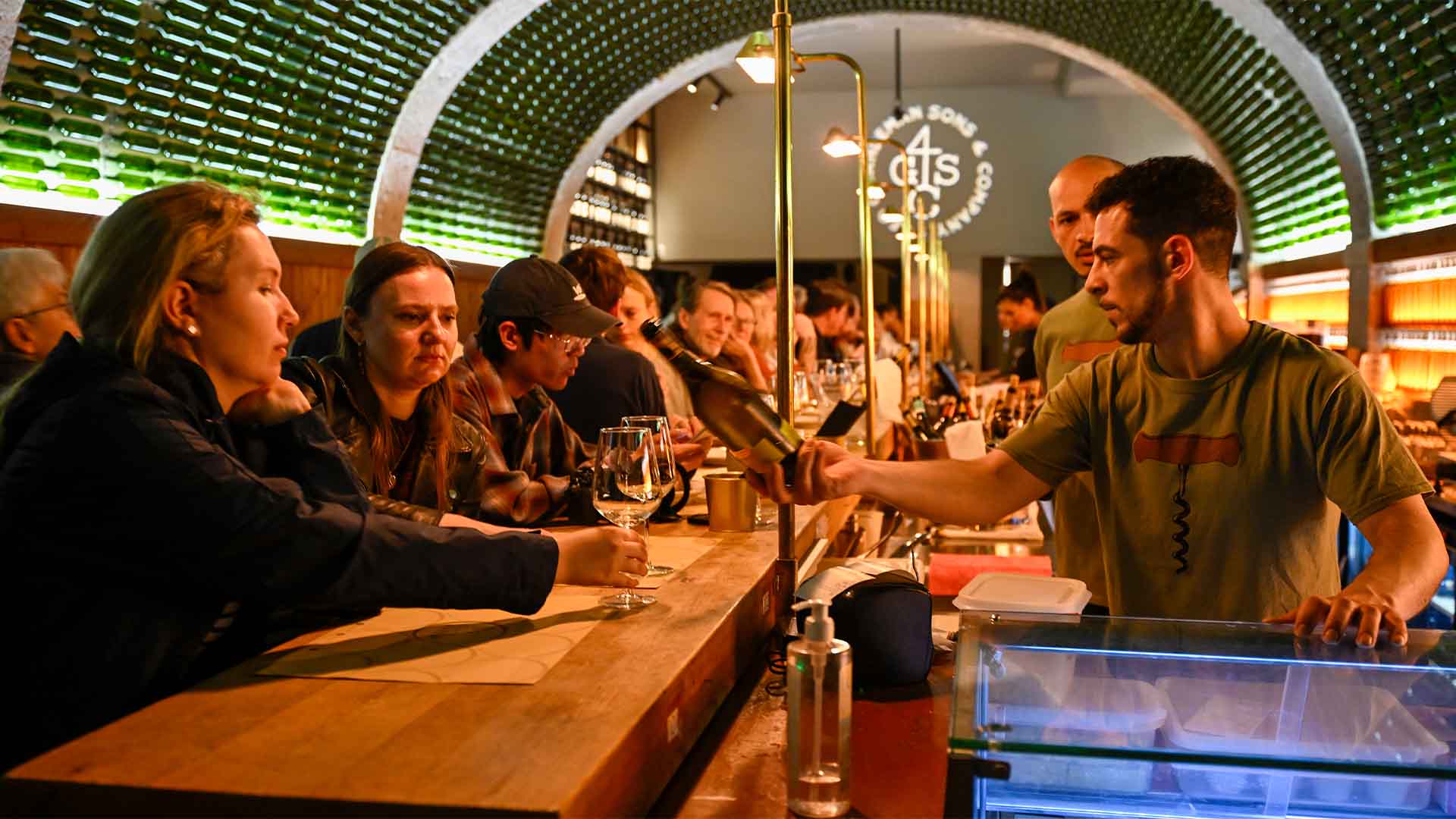
Source: Horacio Villalobos#Corbis/Corbis via Getty Images
The decision allows California and Hawaii to enforce these restrictions, citing public safety concerns in spaces where large groups gather.
What the Court Blocked
While some restrictions were upheld, others were blocked. The court rejected bans on guns in places like hospitals, public transit, and financial institutions. In California, gun bans at these locations were temporarily blocked, meaning people can still carry firearms there.
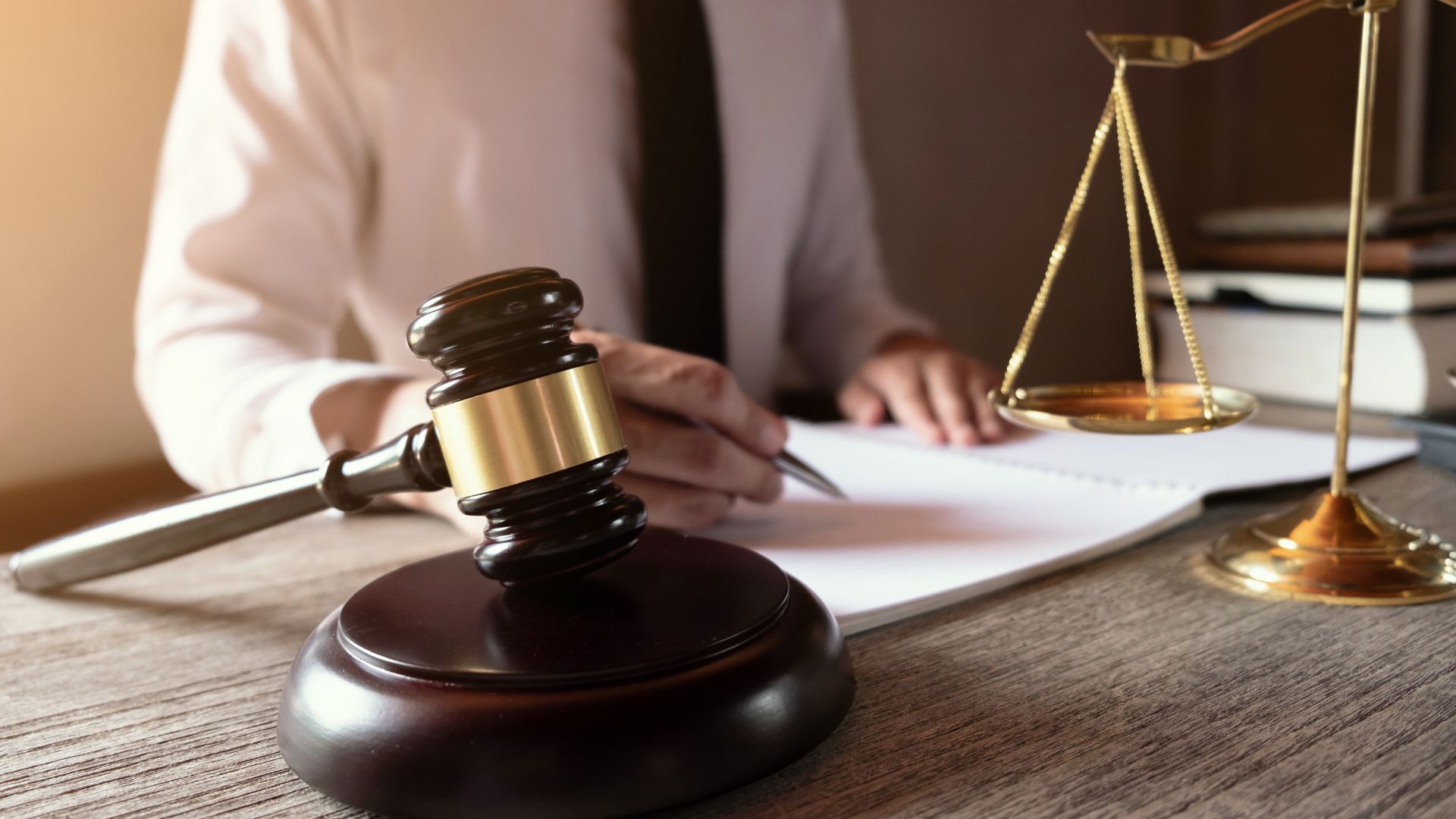
Source: Bhutina65/Canva Pro
The court determined there wasn’t enough historical evidence to justify banning guns in these places under the Second Amendment.
Hawaii’s Act 52 and Its Impact
Hawaii’s Act 52 was a central part of the legal challenge. This law banned firearms in 15 types of sensitive places, from parks to bars and beyond. The Ninth Circuit’s decision allowed most of these bans to move forward.

Source: Wikimedia
However, the ruling did block certain provisions, such as prohibiting guns in parking areas shared by government and private businesses.
California’s Firearm Restrictions Get a Shake-Up
California’s law was similar to Hawaii’s Act 52, but with even more restrictions. The state had prohibited guns in over two dozen locations, including hospitals, public transit, and financial institutions.
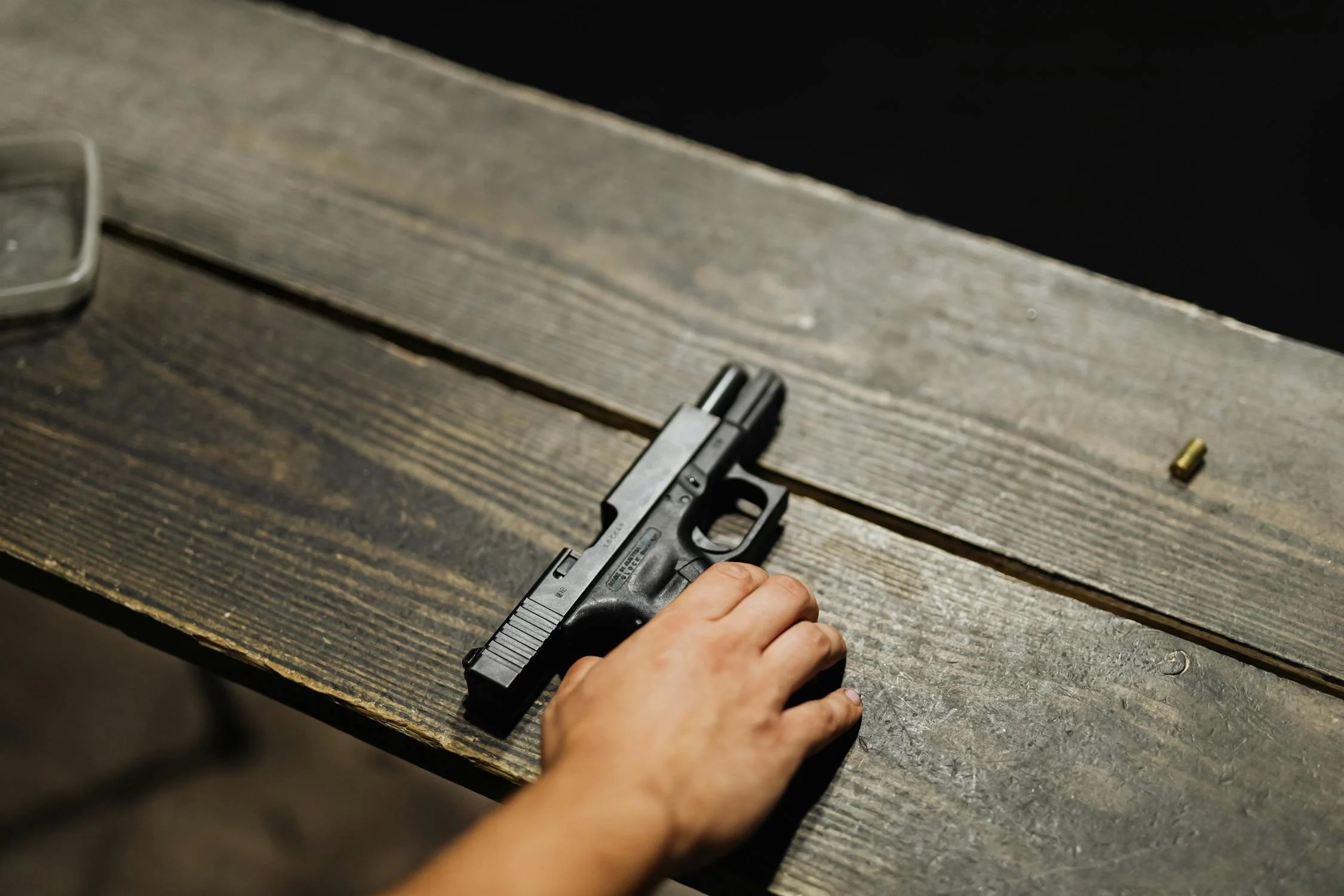
Source: Karolina Kaboompics/Pexels
The Ninth Circuit struck down many of these bans, while allowing others to stand, such as gun bans in playgrounds, amusement parks, and stadiums.
The Role of Private Property in the Ruling
One of the most interesting aspects of the ruling involves private property. Both Hawaii and California laws reversed the long-standing default that allowed firearms on private property unless explicitly prohibited.
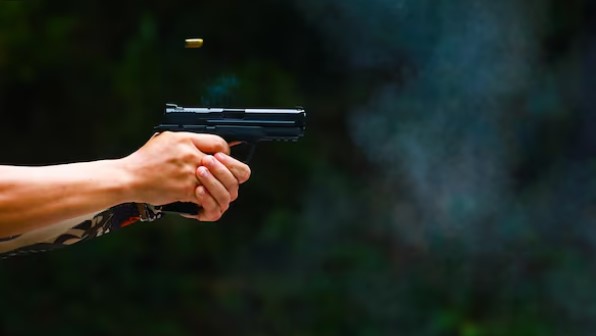
Source: Freepik
The new laws now require property owners to post signs or give explicit consent to allow guns. The court upheld Hawaii’s verbal or written consent rule but struck down California’s signage requirement.
Gun Owners Fight Back
The plaintiffs in the case, including gun owners and advocacy groups like the Hawaii Firearms Coalition and the California Gun Rights Foundation, argued that these laws violated their Second Amendment rights.
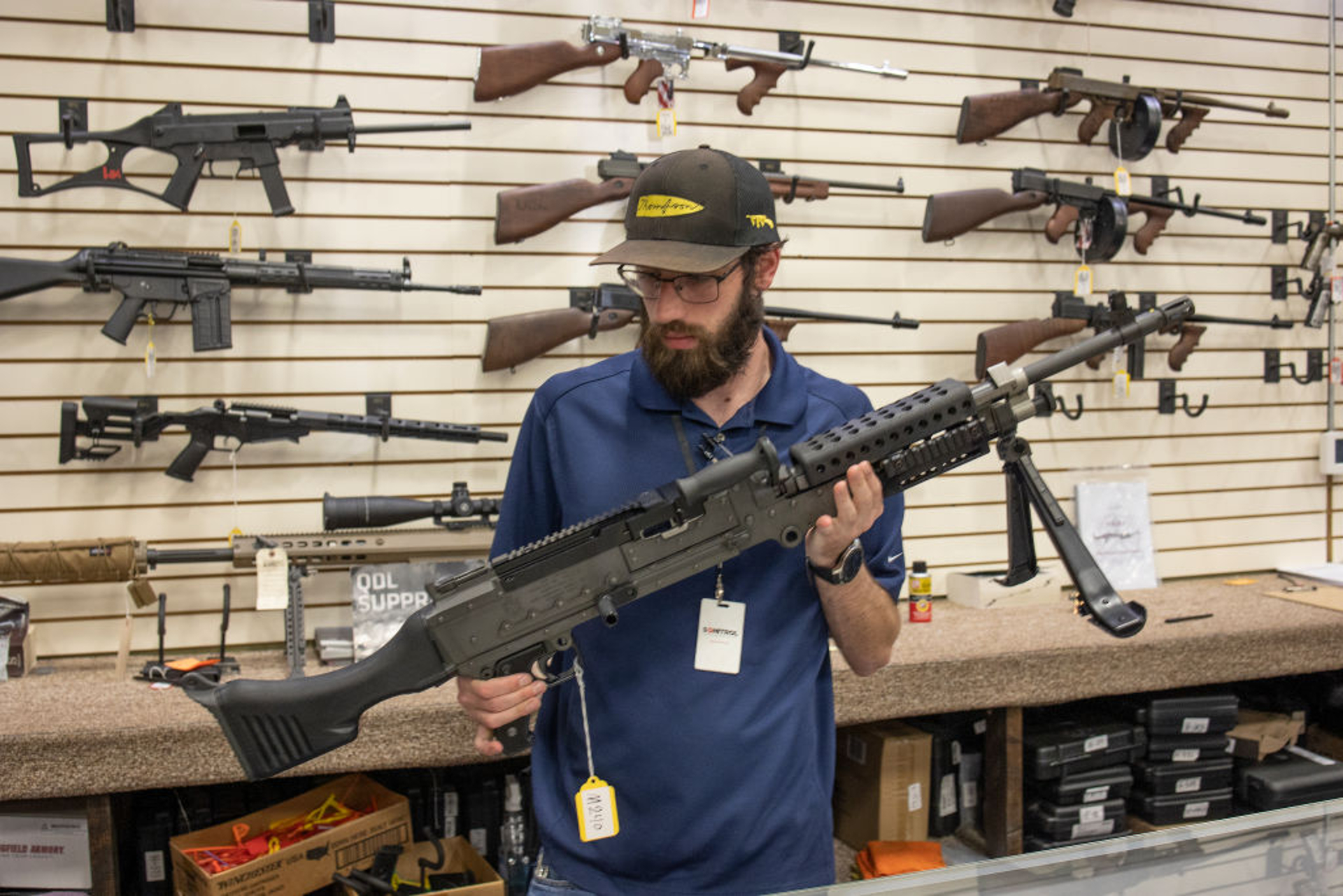
Source: Getty Images
They pointed out that the new laws made it nearly impossible to carry firearms in many public places, while also burdening private property owners with new restrictions.
The Supreme Court’s Influence on the Decision
The ruling was heavily influenced by the Supreme Court’s 2022 decision in New York State Rifle & Pistol Association v. Bruen. That decision required courts to assess whether modern firearm regulations align with historical practices.
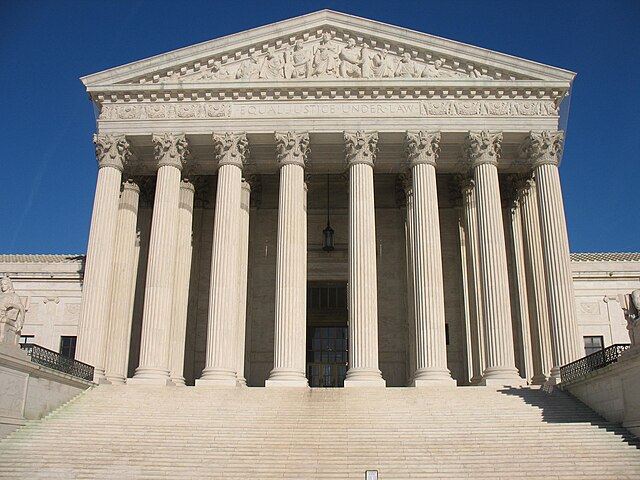
Source: Kjetil Ree, Wikimedia
The Ninth Circuit used the Bruen test to determine which bans could be upheld and which needed to be blocked, leading to the mixed outcome in this case.
Historical Precedents Shape the Outcome
The Ninth Circuit’s ruling was rooted in historical precedents. The court noted that some locations, such as parks and bars, had a long history of gun restrictions, while others, like hospitals and banks, did not.
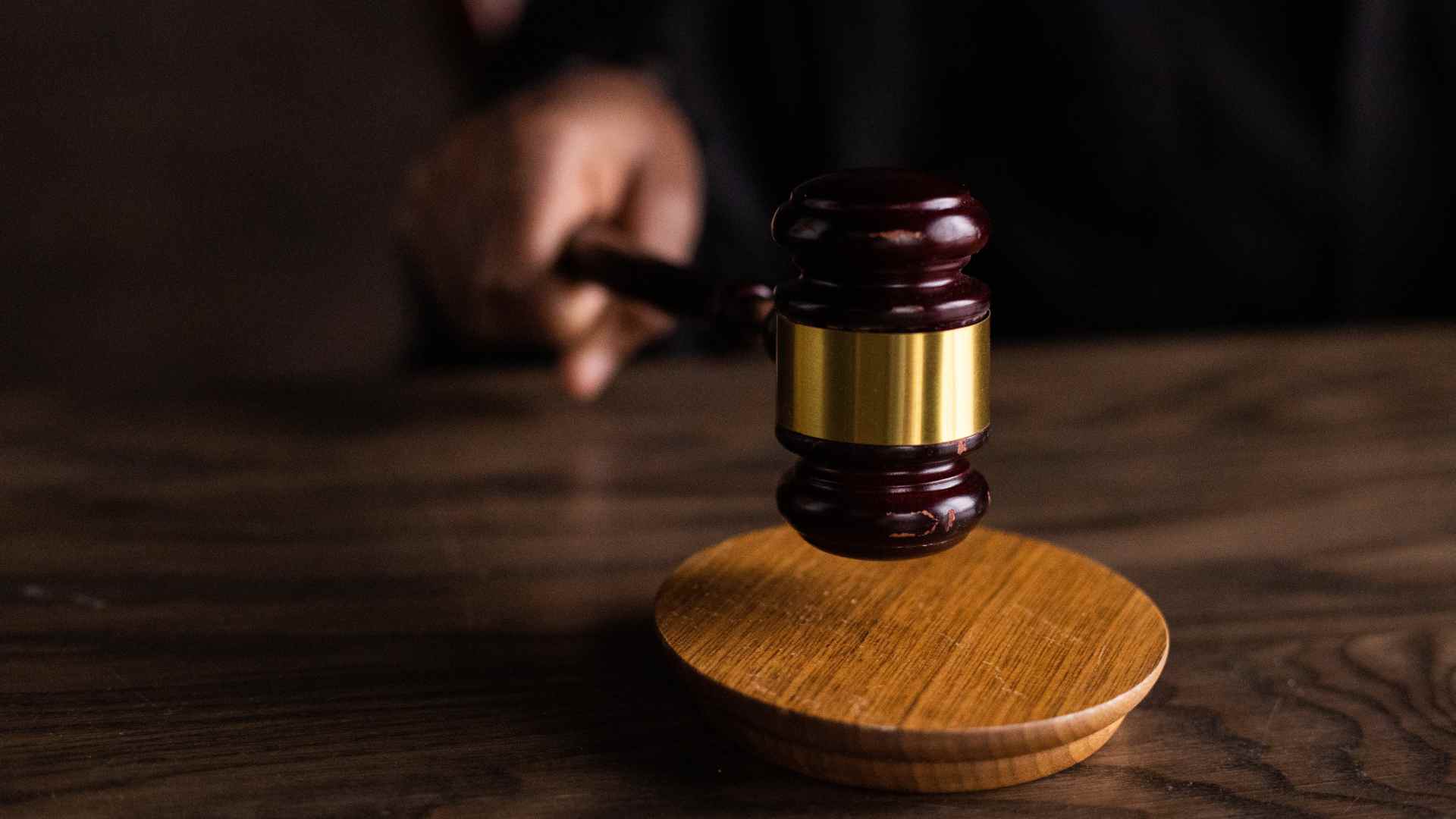
Source: Katrin Bolovtsova/Pexels
This historical analysis was a big factor in determining which bans could be enforced under the Second Amendment and which violated gun owners’ rights.
What’s Next for Gun Rights in Hawaii and California?
The Ninth Circuit’s ruling is likely not the end of the road for these legal battles. Both states could see further legal challenges as gun rights groups continue to push back against these restrictions.
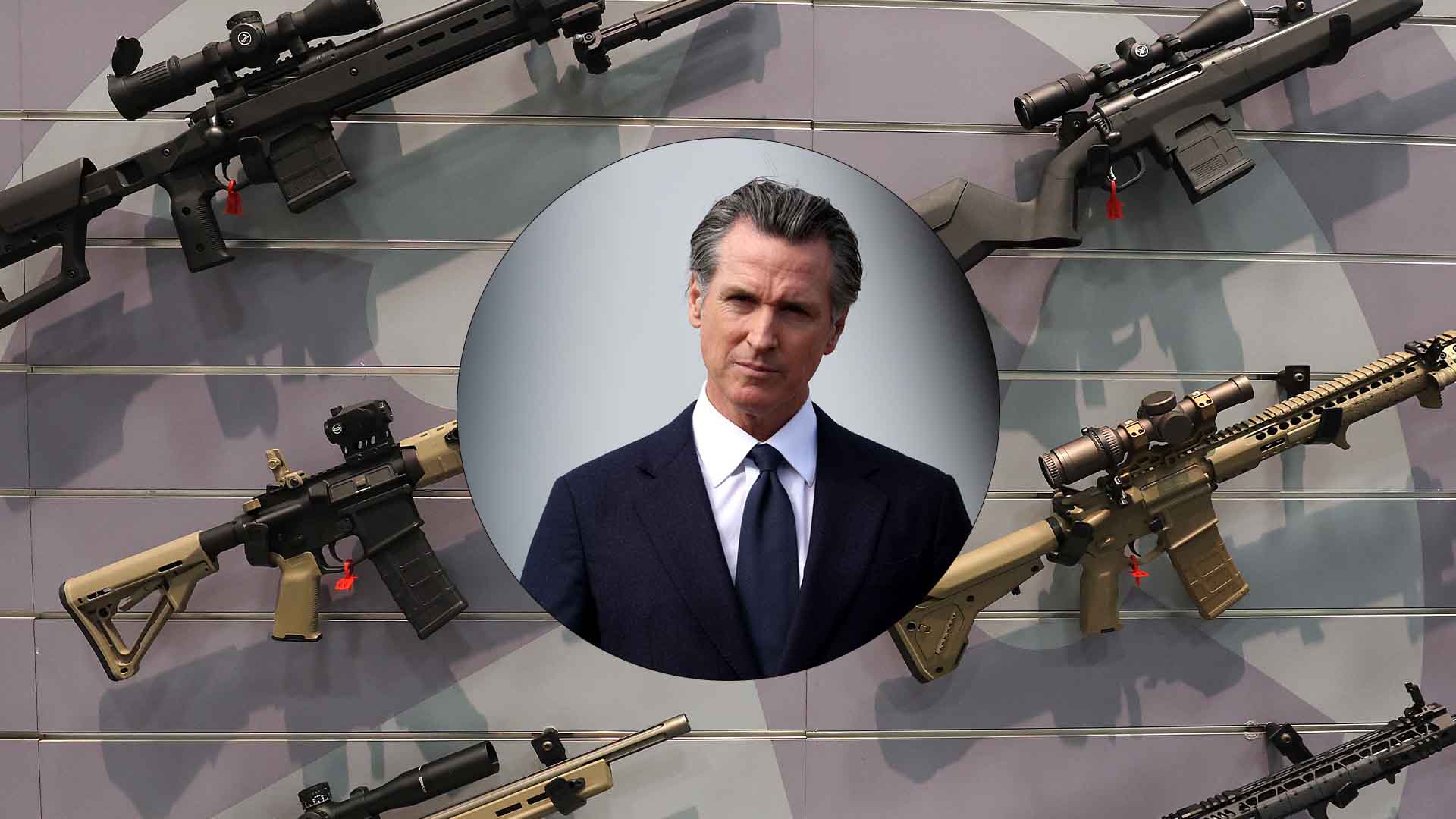
Source: Justin Sullivan/Getty Images
The court acknowledged that its decision might lead to more lawsuits, as jurisdictions try to navigate the complex landscape of gun regulations in sensitive places.
A Partial Victory for Both Sides
In the end, the Ninth Circuit’s decision left both gun rights advocates and state governments with partial victories. While many gun bans in sensitive places will go into effect, others remain blocked.
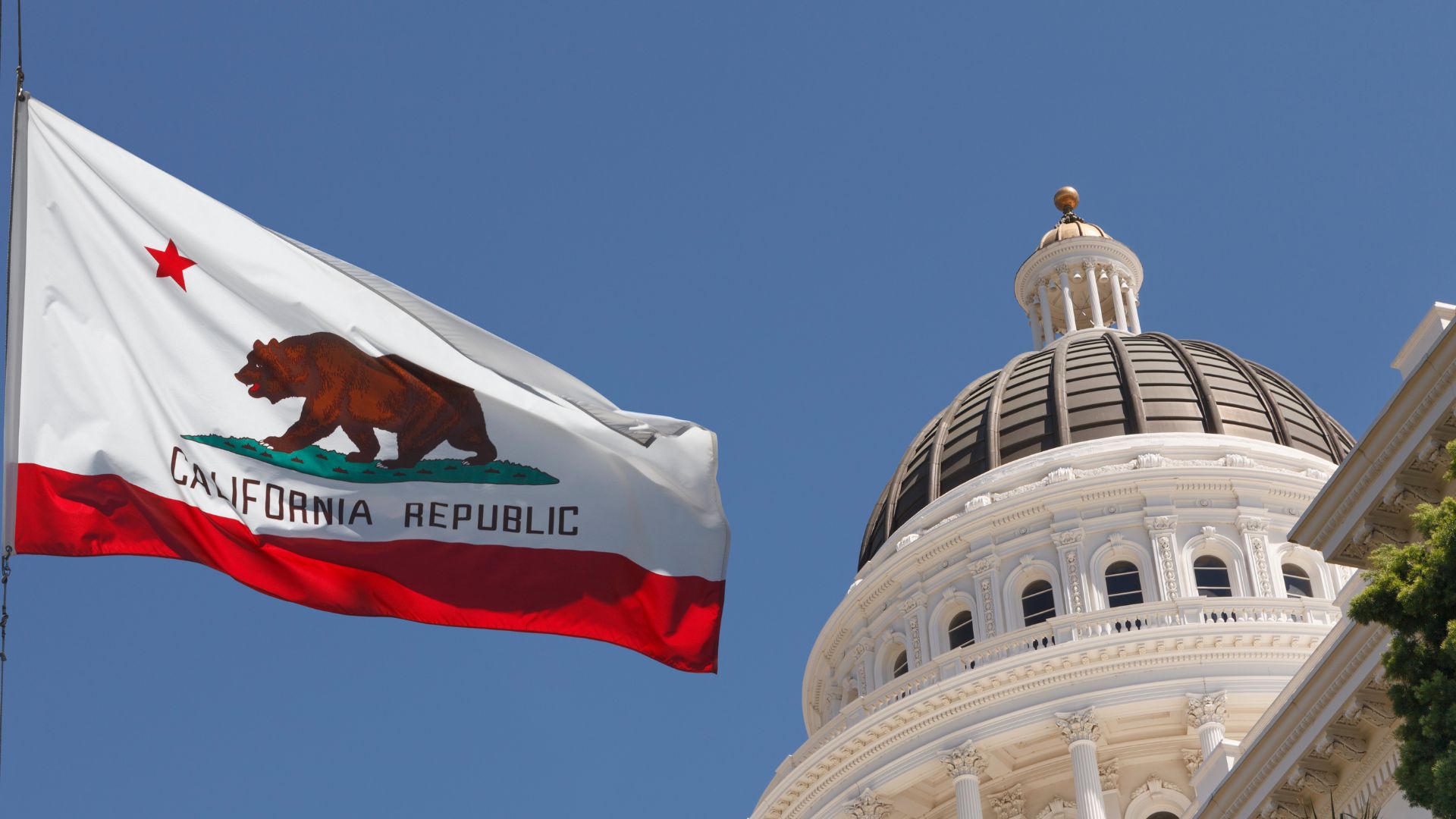
Source: Canva
This mixed ruling highlights the ongoing tension between public safety and constitutional rights, a debate that will likely continue to play out in courts across the country.
